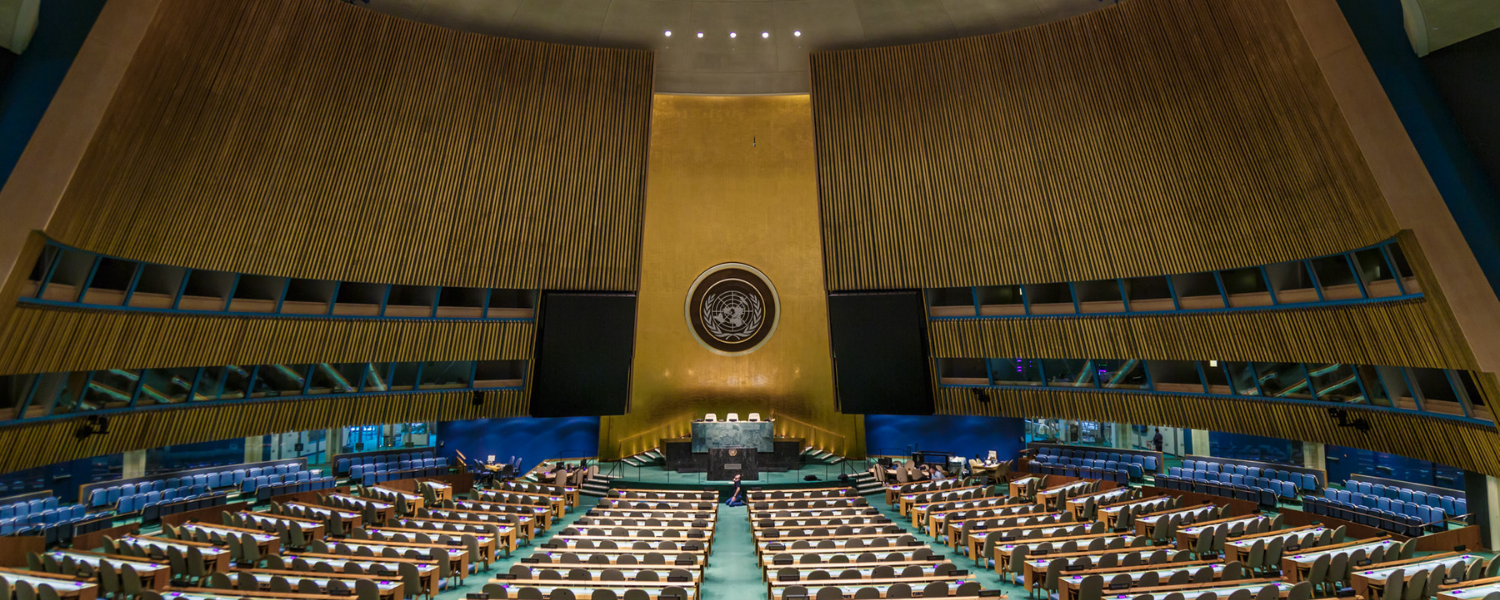Thematic clusters
The International Relations Program is divided into three thematic clusters. Students take 2.0 full-course equivalents in one of:

The International Relations Program is divided into three thematic clusters. Students take 2.0 full-course equivalents in one of:
Examine the evolution and function of international trade, financial, development and other global economic institutions and dynamics.
Cover traditional military security threats as well as non-traditional security challenges such as trans-national terrorism, cyber operations, asymmetrical warfare, and threats to human security including lack of shelter, food, and the destructive effects of serious human rights abuses.
Examine the development and role of international organizations like the United Nations, NATO, and the African Union, the successes and failures of international law to regulate international relations and protect human rights, and the nature of different domestic governance models around the world
In addition, the international relations program is divided into six regional clusters: Students take 2.0 full-course equivalents in course across the Faculty of Arts departments in:
North America - Asia/Pacific - Latin America - The Middle East & North Africa - Europe - Africa